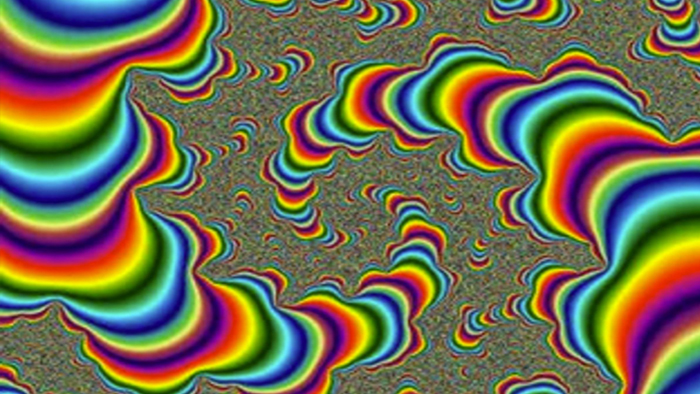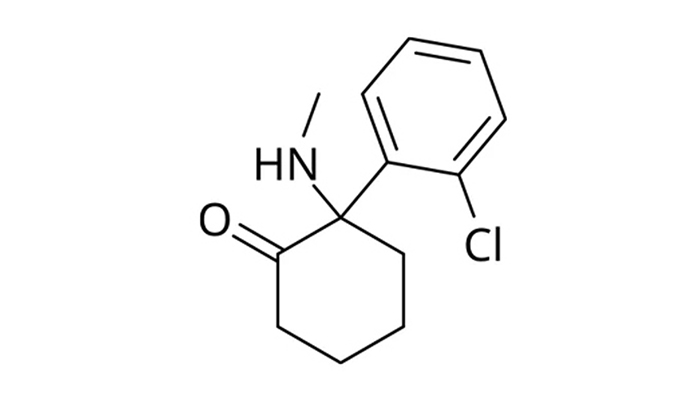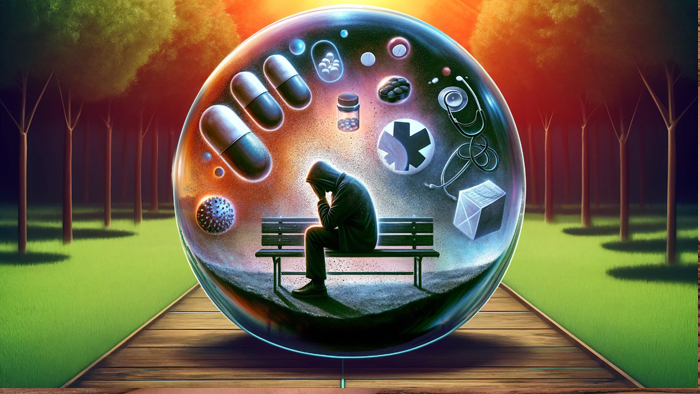Monday, May 27, 2024
Alexander Papp, MD and Julie Myers, PsyD, MSCP
Introduction
In recent years, we’ve witnessed a remarkable revival in the field of psychedelic psychiatry and psychology. Several jurisdictions have decriminalized magic mushrooms, and institutions, emboldened by the success of organizations like MAPS (the Multidisciplinary Association for Psychedelic Studies), have launched dedicated psychedelic research programs. Furthermore, MDMA—commonly known as ecstasy—may receive FDA approval for treating PTSD as soon as 2023. Amid these developments, stories about individuals microdosing psychedelics Explore the resurgence of psychedelic psychiatry with Dr. Alexander Papp. Discover the potential of psychedelics like MDMA and ketamine in treating psychiatric conditions, the advancements in research, and our commitment to safety in exploring these powerful therapies. Learn about the therapeutic potentials, safety considerations, and patient experiences with these transformative treatments.
are increasingly featured in various publications.
At the Point Loma Clinic, we are part of this innovative movement, offering treatments with ketamine—a nonclassical psychedelic—either as a standalone therapy or in conjunction with psychotherapy.
Emphasizing Safety in Psychedelic Therapies
While these advances are promising, it is crucial to maintain a vigilant approach regarding the safety and potential adverse effects of these powerful substances.
Classical psychedelics like psilocybin, LSD, DMT/ayahuasca, and mescaline can induce profound altered states of consciousness. These experiences often include ego-dissolution, a sense of timelessness, and synesthesia. The therapeutic index for psilocybin and LSD is notably broad, which means that the range between an effective dose and a potentially harmful dose is large. There are documented instances where individuals inadvertently ingested massive doses of pure LSD—with no serious long-term consequences. However, even at normal doses, users may experience anxiety, confusion, headaches, nausea, and increases in blood pressure and heart rate.
Though rare, these substances can also precipitate suicidality, violence, convulsions, panic attacks, paranoia, mania, and prolonged dissociation, particularly in individuals with preexisting psychiatric conditions.
Fortunately, physical dependence is uncommon with these psychedelics, and habitual use is rare.
MDMA: Benefits and Risks
MDMA, distinct from classical psychedelics, primarily enhances feelings of well-being and increases emotional closeness with others. However, it is a more toxic compound, frequently causing anxiety, headaches, and muscle tension. Elevated blood pressure, heart rate, and body temperature are common adverse effects, and severe outcomes like intracerebral hemorrhage, acute liver damage, heart failure, heatstroke, and suicide have been linked to acute or frequent use. MDMA also presents a moderate risk of abuse, with chronic use potentially leading to insomnia, depression, anxiety, and cognitive impairments.
Conclusion: A Balanced Perspective
These details might seem daunting, but it is essential to recognize that these agents are generally well-tolerated, and the incidence of serious adverse effects remains low. As we continue to explore the therapeutic potentials of psychedelics, ensuring patient safety and conducting thorough assessments will remain paramount at the Point Loma Clinic.
References:
- Johnson M, Richards W, Griffiths R. Human hallucinogen research: guidelines for safety. J Psychopharmacol. 2008 Aug;22(6):603-20. doi: 10.1177/0269881108093587. Epub 2008 Jul 1. PMID: 18593734; PMCID: PMC3056407.
- Aday JS, Mitzkovitz CM, Bloesch EK, Davoli CC, Davis AK. Long-term effects of psychedelic drugs: A systematic review. Neurosci Biobehav Rev. 2020 Jun;113:179-189. doi: 10.1016/j.neubiorev.2020.03.017. Epub 2020 Mar 16. PMID: 32194129.
- Nesvag R, Bramness JG, Ystrom E. The link between use of psychedelic drugs and mental health problems. Journal of Psychopharmacology. 2015;29(9):1035-1040. doi:10.1177/0269881115596156






